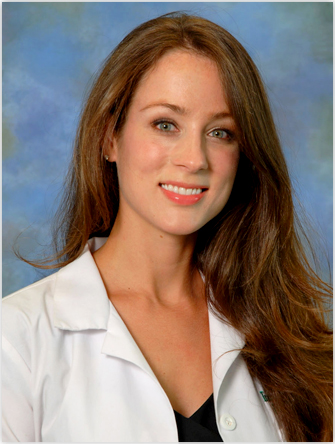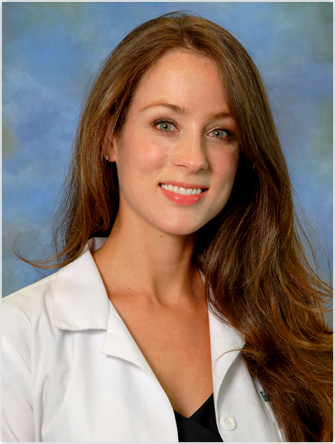I grew up on a working farm in rural Missouri. My father was a row-crop farmer, and before that, a truck driver that hauled hazardous materials. To say that I grew up in a male-dominated, masculine environment is an understatement. I was usually the only girl in the feed store ordering soybeans and the only woman picking up a fertilizer buggy at the local Missouri Farmer’s Association. This was how I grew up, all I knew, and it never seemed out of the ordinary or uncomfortable at the time.
I sometimes think this is one of the reasons that I had no hesitancy when applying to medical school and pursuing a male-dominated surgical specialty. I had been surrounded by “big, aggressive men” my whole life and surgery seemed no different. I often tell the story of my first surgical rotation in medical school. I had requested a cardiac surgery rotation and gotten it, only to realize later than I got my first choice only because no one else had wanted it! At that time, the cardiac surgeons at my medical school were known for being “mean,” throwing instruments, and constantly yelling at everyone in the room. My first day in the cardiac OR was no different- while that cardiac surgeon was an excellent technician and did a perfect operation for his patient, he did yell, throw Debakey’s, and generally petrify everyone in the room. Afterwards, a friend asked me how my first day in the cardiac OR went. I said, “Great!” She said, “But didn’t the cardiac surgeon yell at you?!” I responded, “Yeah, I guess so, but my dad and his friends were worse! Cardiac surgery is not so bad!”
In the almost 20 years since I started medical school, operating room culture, and the medical culture in general, has changed a lot. The operating room is a much more collaborative space and “disruptive physicians” are greatly frowned upon. However, there is still a gender gap in medicine, plastic surgery, and surgery in general. I can’t say, nor can anyone, exactly say why this is, but I assume the presumed more aggressive nature of surgeons and demanding lifestyle may have something to do with it.
With that said, as recently reported in the journal Plastic and Reconstructive Surgery- Global Open, while nearly half of current graduating medical students are female, only about 12-13% of surgeons are female. Among practicing plastic surgeons, nearly 20% are female plastic surgeons; the percentage for women in plastic surgery training programs is slightly higher. However, in the more male-dominated surgical specialties like neurosurgery, orthopedic surgery, and cardiothoracic surgery, female surgeons only account for 10% or less of practicing surgeons. These numbers are slowly rising for women in surgery, but there is no doubt that women plastic surgeons still work in a male-dominated field.
Perhaps surprising to some, I do not recall every being discriminated against for being a woman while in college, medical school, or plastic surgery residency. Sure, there were the older veteran patients that always thought I was the nurse or thought women had to go to nursing school before going to medical school (seriously!!), but nothing that I found overly offensive, hurtful, or discriminatory. I don’t know if these actions truly never happened or if I had just been desensitized to such “offenses” through my childhood. Either way, I never noticed it. Unfortunately, this has certainly not been the case for most other female plastic surgeons that I’m friends with or the other women surgeons I know.
In summary, while the gender gap is narrowing in medicine and in surgery, women are still underrepresented in most specialties, including plastic surgery, and particularly in the more “male” specialties like orthopedic, neurosurgery, and cardiac surgery. The cause for this gender difference is unknown, and while it is decreasing, we have years to go before there is an equal playing field for women plastic surgeons and female surgeons, in general.
I love being a woman plastic surgeon! I feel I am able to better understand, communicate with, and connect with my patients than my male counterparts. I also know that some women patients prefer a female plastic surgeon when discussing their personal insecurities or desires. My message to anyone considering a career in surgery is DO IT! Surgery, and especially plastic surgery is fun, fulfilling, and gives me a sense of accomplishment every day! I routinely mentor female medical students or women considering a career in medicine. For more information on female plastic surgeons, feel free to contact me by email.






 About Dr. Temmen
About Dr. Temmen Virtual Consultation
Virtual Consultation Testimonials
Testimonials Blog
Blog